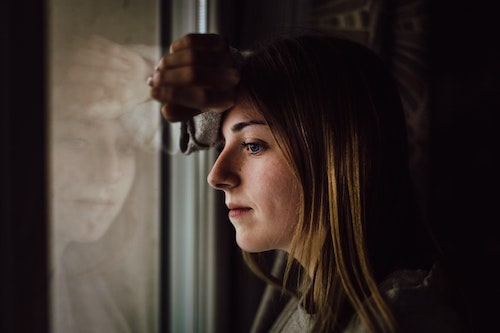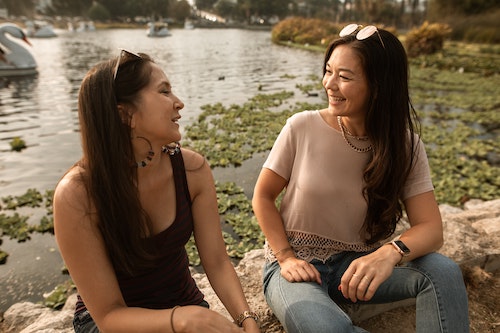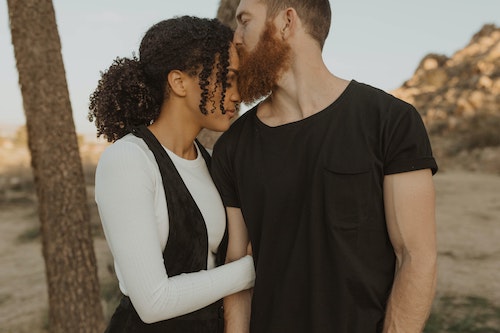Relationship Counseling
 Are your relationships just not working?
Are your relationships just not working?
- Do you find yourself attracting unhealthy partners over and over again?
- Are you jealous when you see couples who seem happy together?
- Have you often missed “red flag” behaviors that are obvious to your friends?
- Do you want to share your life with someone, yet fear becoming too dependent?
- Is there a part of you that worries you will never find the right person?
- Do you feel hopeless – that things will never change?
Relationship counseling may help.
I have helped women and men clarify their relationship vision, hone their communication skills, and heal the inner hurts that were blocking them from attracting and maintaining healthy relationships. Some of my clients are now happily married or in a long term committed relationship. I may be able to help you as well.
It’s discouraging when you would love to be in a committed relationship and nothing seems to work out.
Many people struggle to find a healthy, fulfilling relationship. Given the numerous factors that go into forming relationships, finding a good match may feel daunting, or even impossible. If you have had a series of failed relationships, you may believe you have to settle for a situation that isn’t fulfilling, or end up alone.
Things can get better.
 Relationship counseling can help you heal the inner dynamics that may be blocking you from success in the area of intimate relationships. I can support you to:
Relationship counseling can help you heal the inner dynamics that may be blocking you from success in the area of intimate relationships. I can support you to:
- Clarify the needs and values that matter most to you in relationships
- Heal wounds that prevent you from forming healthy connections
- Transform core beliefs that lead you to make poor relationship choices
- Learn communication skills that support you in saying what you need, while staying centered in your heart
- Feel more confident and at ease with yourself
- Take conscious steps to make the right relationship choices for you
- Treat yourself with the same love and respect you would like from a partner
Still have questions about Relationship Counseling…
I’m still unclear about how relationship counseling can help improve my chances of finding a healthy partner.

Having a healthy relationship with yourself is a big key to attracting a healthy partner. In therapy you can develop a more authentic and compassionate relationship with yourself; one in which you are in touch with your deepest needs and inner wisdom, one in which you awaken to the beauty and gift that you are. When you relate to yourself this way, you tend to be happier and radiate that energy into the world. This opens the door for you to a healthy partner who naturally resonates with your energy.
Another important key is resolving our past relationship wounds. When we have unhealed hurts that we carry from childhood or earlier in our adult life, it can impact the quality of our relationships now. We may long for an intimate, committed relationship, but the hurt part (which is often unconscious), may feel unsafe when someone gets close. When this is the case, we may no longer see or respond to the other for who they are, but as a projection of the person who hurt us in the past. Therapy can help you understand and transform these patterns so that you are available to a healthy relationship.
What if I’m still not sure?
A trusting therapeutic relationship is an investment in yourself and your wellbeing. If you would like to get to know me and see if we are a match, simply reach out and let’s talk.
Blog Posts
Signs of a Healthy Relationship: What works
Wouldn’t it be great if we could really learn about relationships from sitcoms? Life is a touch...
Want a Healthy Relationship? Use Attachment Theory to Navigate Online Dating
If you’re single (or non-monogamous), you have stories to tell about online dating. It’s hardly...
Anxious Attachment: Ways it Affects Relationships and How Therapy Can Help
How we bond or attach, detach, and re-attach is an essential part of who we are to ourselves...



